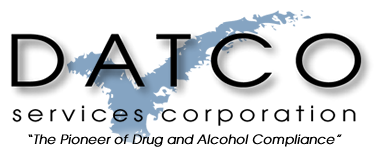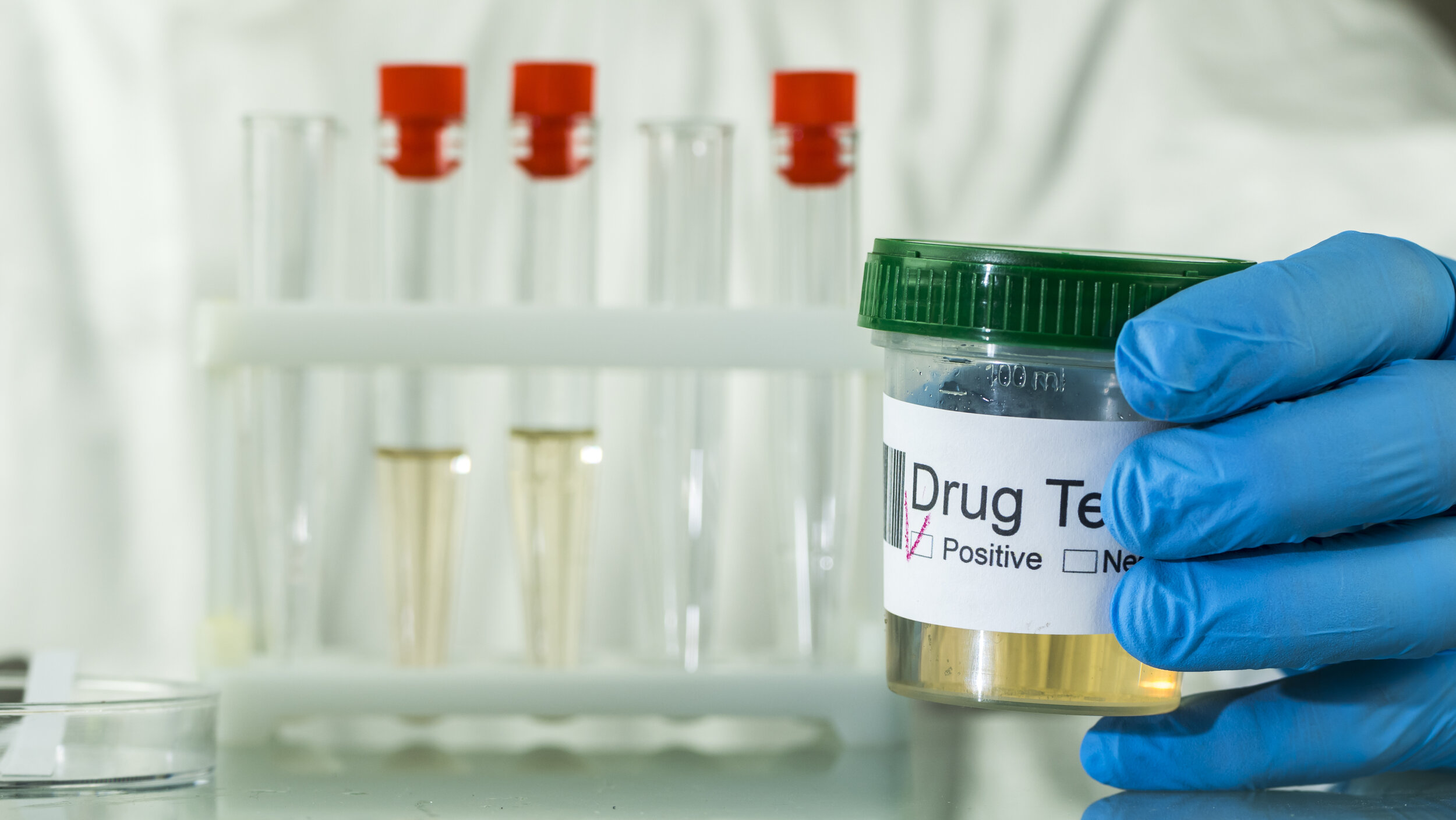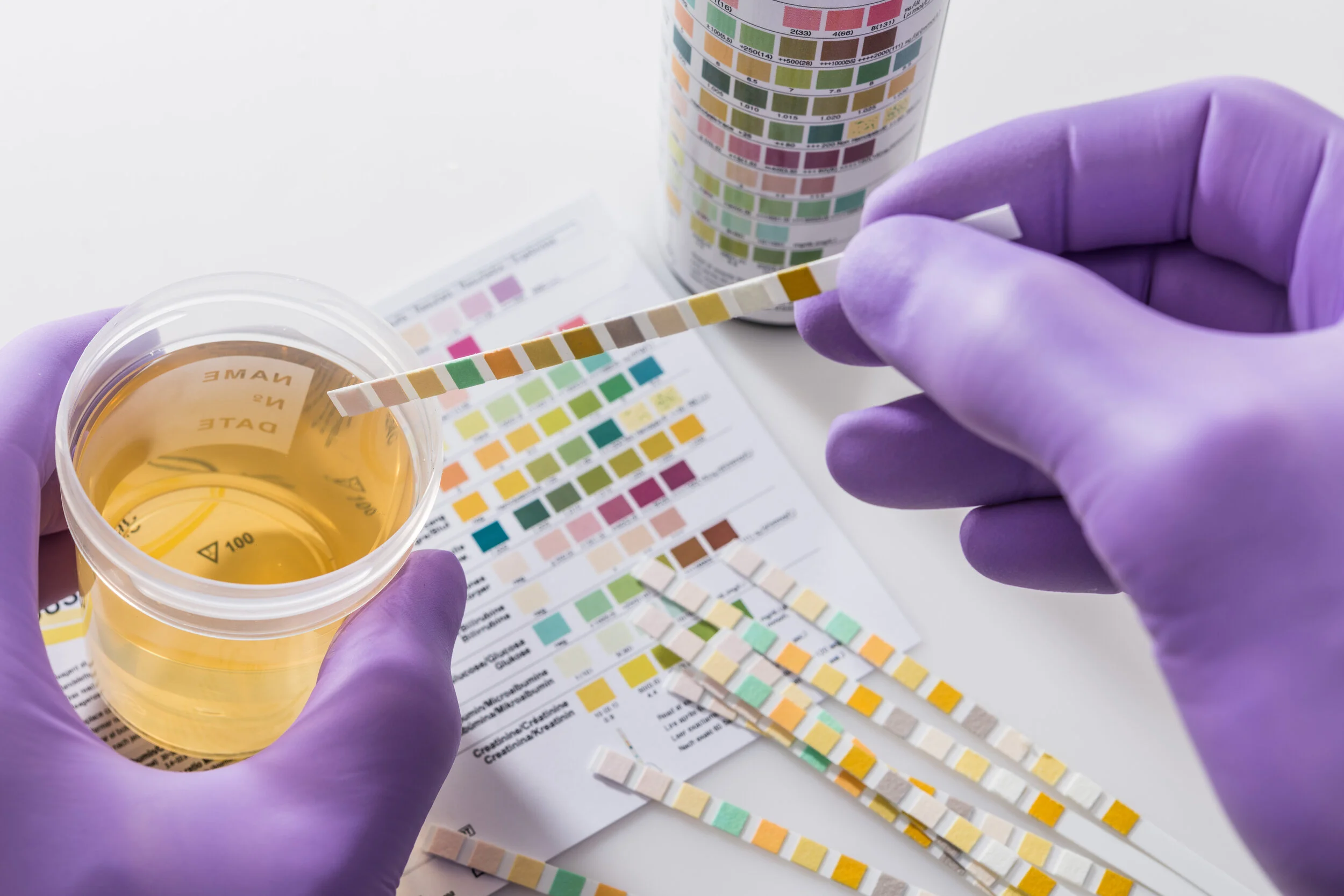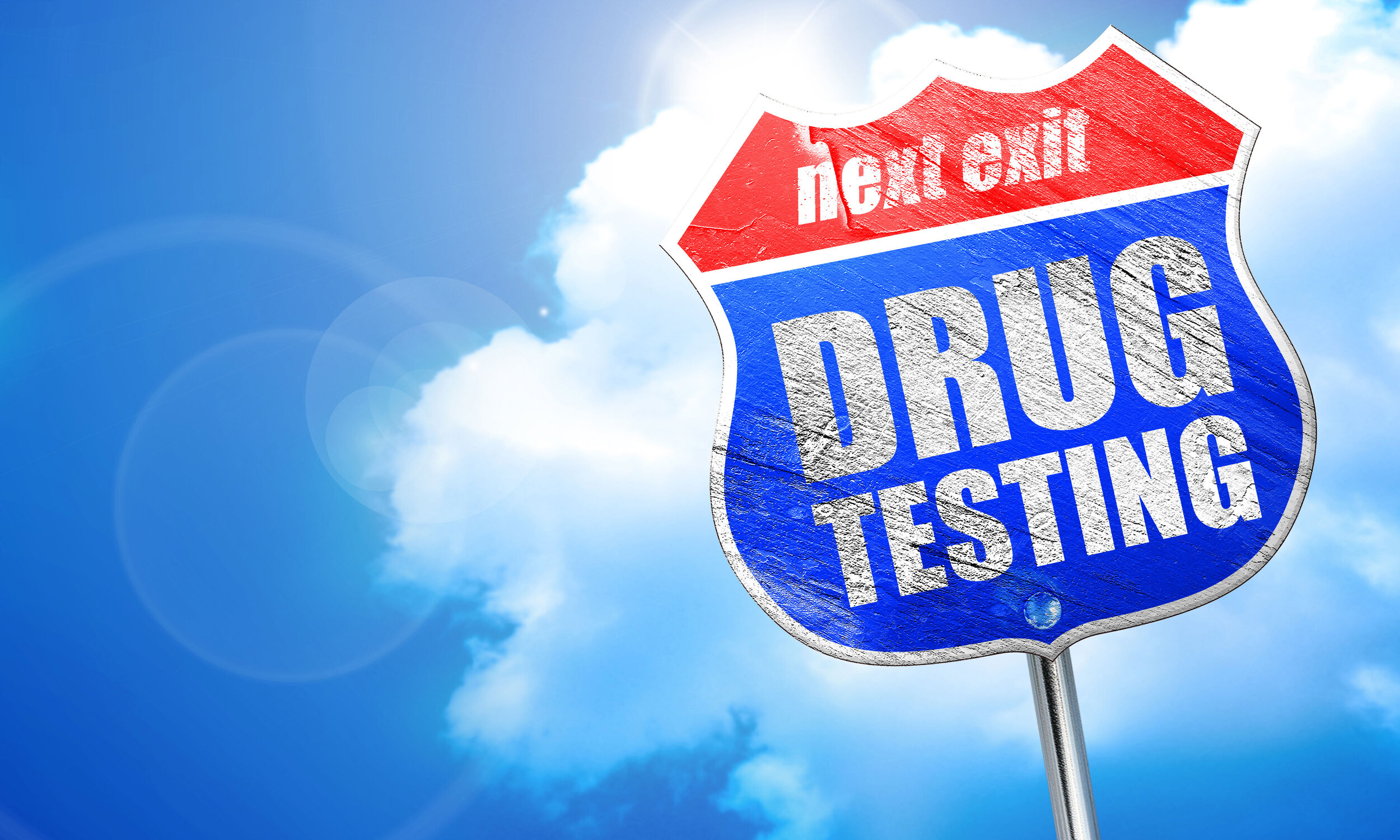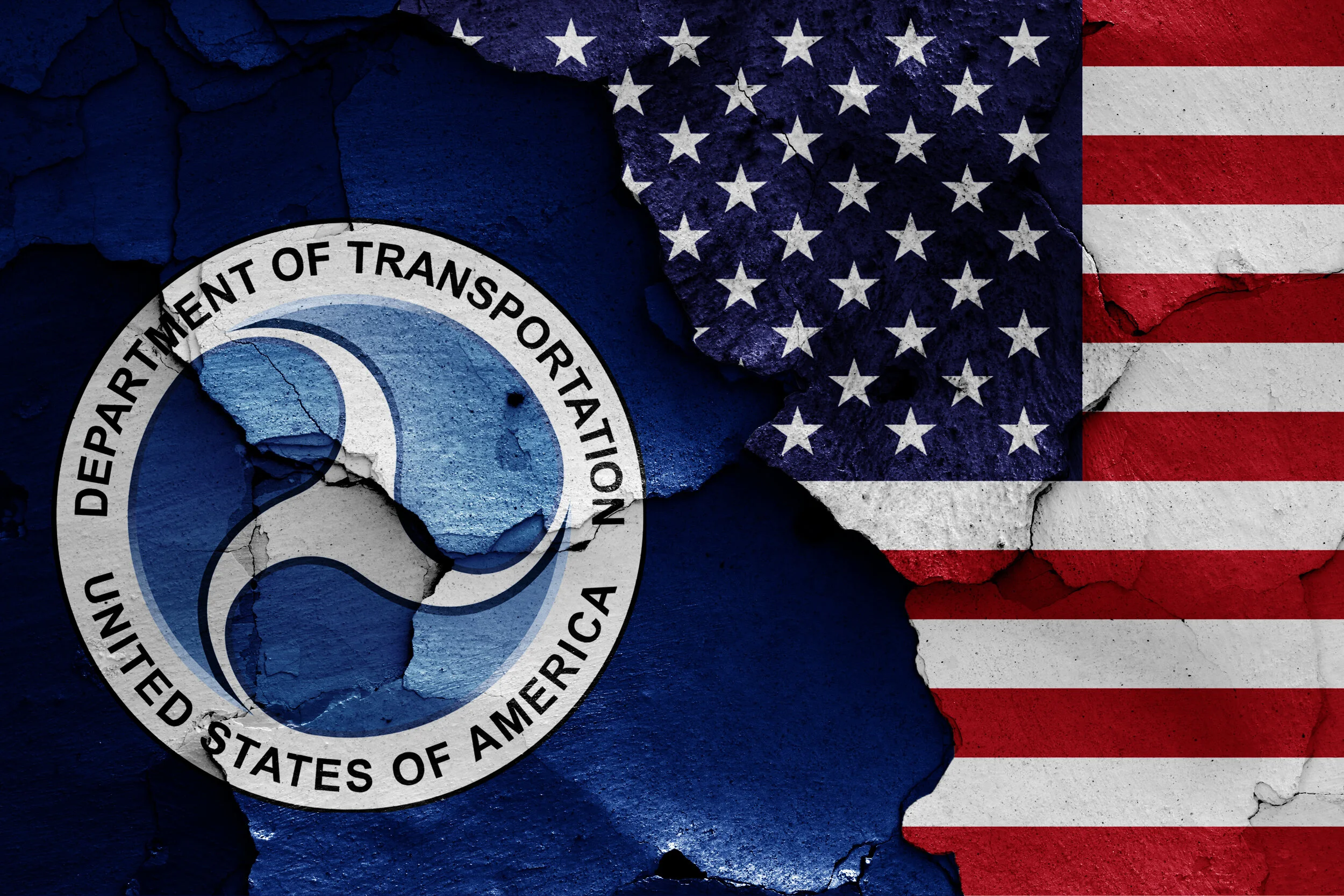Understanding DOT Drug Testing
There are approximately 2 million professional truck drivers in the United States, making it one of the most common jobs today. With this many professional truck drivers in America, you probably know someone who drives a truck for a living and transports goods across the country. With so many truck drivers on the road and daily civilian drivers, it is essential to ensure everyone is safe when they get behind the wheel. This is why the DOT (Department of Transportation) drug testing is critical.
What is DOT Drug Testing?
The drug testing process performed today originally began in 1991 after the Omnibus Transportation Employee Testing Act was passed. This significant legislation ensures that the public remains safe by keeping drugs and alcohol away from employees with specific job functions dealing with the public, such as truck drivers. DOT drug testing has strict regulations to follow, which is different for private employers who can choose what to test. DOT-mandated drug tests always include exactly five panels, which typically screen for the most common drugs abused (marijuana, opiates, amphetamines, opioids, and phencyclidine (PCP). DOT drug testing also has strict regulations regarding how the tests are conducted. The specimen needs to be collected at a specific, controlled laboratory certified for DOT drug testing. Additionally, at this time, only urine is approved as a sample to be tested. Still, hair may be tested in the future because it has a longer detection period than urine samples.
Who is Required to Take DOT Drug Testing?
There are a few industries that require DOT drug testing:
Federal Aviation Admin (FAA)
Federal Motor Carrier Safety Admin (FMCSA)
Federal Railroad Admin (FRA)
Federal Transit Admin (FTA)
Pipeline and Hazardous Materials Safety Admin (PHMSA)
United States Coast Guard (USCG)
All employees with safety positions are subject to drug testing. Each of the industries has different definitions for safety positions, but in general, it means anyone who has a job function that may put other people at physical risk.
DOT drug testing is always performed at the following stages, but an employer can choose to send an employee for drug testing at any given time.
Pre-employment – Before the employee is formally hired
Reasonable cause or suspicion – When an employer believes that the employee is under the influence of drugs while on the job
Random – DOT agencies typically perform random drug and alcohol testing on a percentage of their workforce
Post-accident – Immediately following an employee’s accident, the employee will be subjected to mandatory DOT drug testing
Return to work – If an employee fails a DOT drug test, they must pass a drug test before returning to work
Routine – After failing a drug test, employees will be subjected to random DOT drug testing as a follow-up once they return to work
Contact DATCO Services for DOT Drug Testing
DATCO Services is available to support your company for all your DOT Compliant drug and alcohol testing. We provide DOT Compliance drug testing throughout the United States. Contact DATCO at 800-95-DATCO (32826) for more information.
